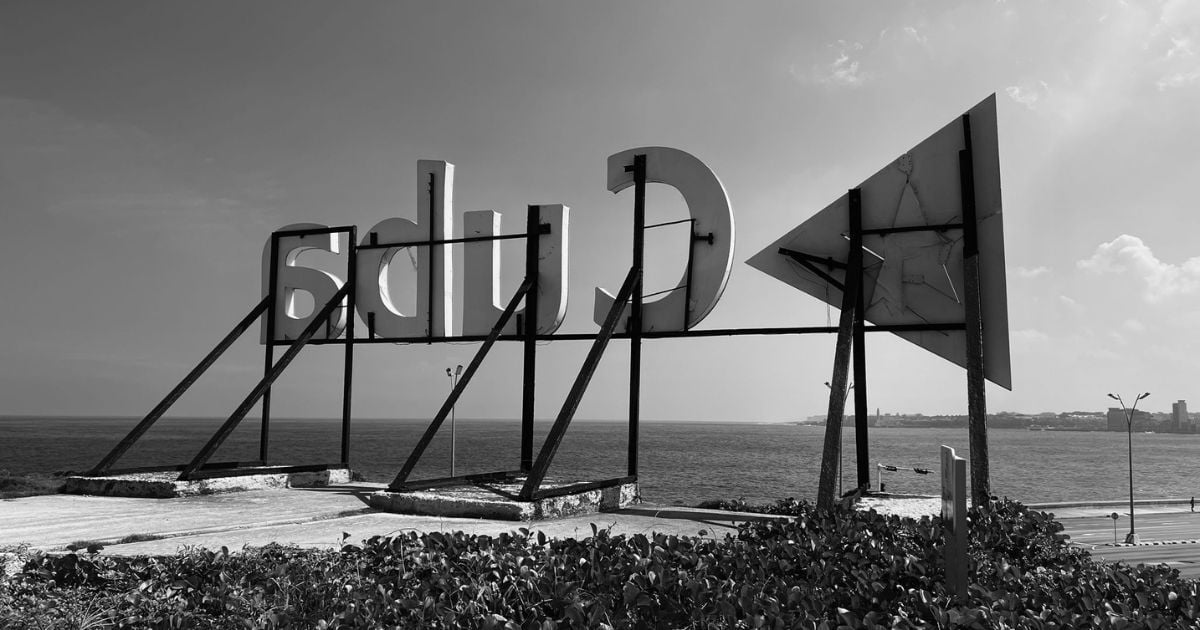The Cuban Filmmakers Assembly (ACC) has concluded 2024 with a powerful appeal for the defense of creative freedom while denouncing the censorship plaguing Cuban cinema. Through a statement shared on its official Facebook page, the organization highlighted the challenges faced by independent filmmakers and demanded a shift in the nation's cultural policies.
"Our culture can no longer be guided by the same oppressors and censors with longstanding impunity. The accumulated damage from their years of control is evident," declared the ACC, directly naming the authorities responsible for the decline in the island's film infrastructure.
The statement enumerates a series of issues troubling the sector, including the continuous exodus of artists, the lack of exhibition spaces, financial obstacles, and the arbitrary exclusion of works and creators. According to the Assembly, these practices demonstrate an institutional fear of free expression: "The preference is to conceal, sugarcoat, or oversimplify reality, while culture is relegated to a merely educational, propagandistic, or decorative role."
In light of this, the organization condemned a recent act of institutional violence against young filmmaker Orlando Mora, whose film "Matar a un Hombre" was censored at the recently concluded Havana New Latin American Cinema Festival.
The event, marked by a triumphalist tone, served as a meeting ground for the top cultural leaders of Cuba and the country's officials. Yet, the meager presence of independent filmmakers at the Festival exposed the systematic exclusion the industry faces, sidestepping the genuine issues of Cuban cinema, such as censorship and the lack of forums for discussion.
The ACC pointed out that these same authorities, recipients of their reports and demands, continue to ignore the sector's calls. Although the Cuban Constitution guarantees the right to participation and dialogue, filmmakers have not received any response, revealing a pattern of inaction that strengthens the barriers against the development of independent cinema on the island.
Despite these challenges, the ACC highlighted the efforts made throughout the year, mentioning the magazine "Alterna," with two issues published, which served as a platform for reflecting on Cuban cinema and its challenges. Additionally, the Assembly monitored the Cuban Film Promotion Fund, noting irregularities in its management.
The organization warned against attempts by cultural authorities to manipulate this mechanism, stating that "manipulating its purpose, violating its regulations, and interfering with its results has the sole aim of establishing reverse engineering of censorship and silencing inconvenient projects."
The ACC also took time to honor the figures of Cuban cinema who passed away this year, including Sergio Giral, Víctor A. Cedeño, Jonal Cosculluela, Carlos Massola, Inima Fuentes, and Corina Mestre, reaffirming their commitment to preserving the cinematic memory of the island.
Looking ahead, the Assembly reiterated their responsibility as filmmakers and artists towards Cuban society: "Our films cannot echo that self-destructive evasion," they stated, underscoring that culture plays a crucial role in the nation's transformation.
In a final appeal, they asserted: "Inertia or silence cannot be the path. It is necessary to recap, propose, transform, and dream." The statement concludes with a hopeful yet resolute commitment from independent filmmakers to fight for cinema free from censorship, to reflect Cuba's realities, and to contribute to the necessary change for its society.
The Challenges of Cuban Cinema
What are the main issues facing Cuban filmmakers?
Cuban filmmakers face numerous challenges, including censorship, financial barriers, limited exhibition spaces, and the exclusion of certain works and creators.
How has the ACC responded to censorship in Cuban cinema?
The ACC has actively denounced censorship, calling for changes in cultural policies and highlighting instances of institutional violence against filmmakers, such as the censorship of Orlando Mora's film.
What role does the Cuban Film Promotion Fund play in the film industry?
The Cuban Film Promotion Fund is intended to support the film industry, but the ACC has noted irregularities and efforts by cultural authorities to manipulate it, hindering its effectiveness.
